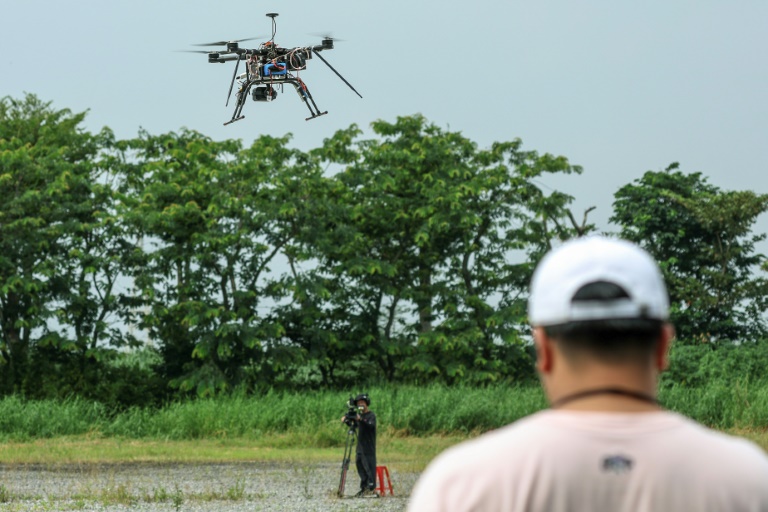A new survey by the AI Impacts research project, the University of Bonn, and the University of Oxford reflects growing unease among AI professionals about the technology’s swift advance in recent years.
The survey involved 2,778 contributors from industry publications and forums. One key finding: 10% fear machines could surpass human capability in all tasks within three years, and 50% see that as likely by 2047.
“While the optimistic scenarios reflect AI’s potential to revolutionize various aspects of work and life, the pessimistic predictions — particularly those involving extinction-level risks — serve as a stark reminder of the high stakes involved in AI development and deployment,” the researchers wrote.
AI could soon handle more tasks
Participants were asked to estimate when 39 AI tasks would become “feasible,” meaning when a top AI lab could implement the task within a year. The tasks ranged from translating newly discovered languages to building a payment processing site from scratch. There was at least a 50% chance of feasibility for all but four tasks within the next decade.
The survey also probed into the timeline for achieving High-Level Machine Intelligence (HLMI) and Full Automation of Labor (FAOL). HLMI was defined as the point when unaided machines could perform tasks better and more cheaply than humans. FAOL would be reached when machines can fully automate an occupation more efficiently and cost-effectively than human labor. The participants estimated a 50% chance of achieving HLMI by 2047 — fully 13 years sooner than a 2022 survey estimate. For full labor automation, the likelihood was set at 50% by 2116, a significant 48 years sooner than earlier forecast.
Chris McComb, the director of the Human+AI Design Initiative at Carnegie Mellon University, who was not involved in the study, said in an interview it’s “extremely” unlikely all human occupations will become fully automatable by 2037.
“There are two competing forces at work here — the adaptability of everyday people and the fact that AI often struggles in novel situations,” McComb said. “Fortunately, the world is filled with novel situations! While AI becomes a more proficient problem-solver, humans will become increasingly important problem framers, finding ways to translate novel situations into familiar building blocks.
“In our research, we’ve started to see exactly that,” he said. “When we put together teams of humans and AIs, human members of the team take on a vital role by helping AI agents adapt to novel scenarios that they wouldn’t be able to handle on their own. We refer to them as ‘AI handlers.’”
Selmer Bringsjord, director of the AI & Reasoning Lab at Rensselaer Polytechnic Institute, is also skeptical of the timeline. But he said in an interview that the vast majority of present jobs held by humans in technologized economies could be carried out entirely by AIs by 2050.
“An efficient way to see…
2024-01-17 18:41:03
Original from www.computerworld.com rnrn

















